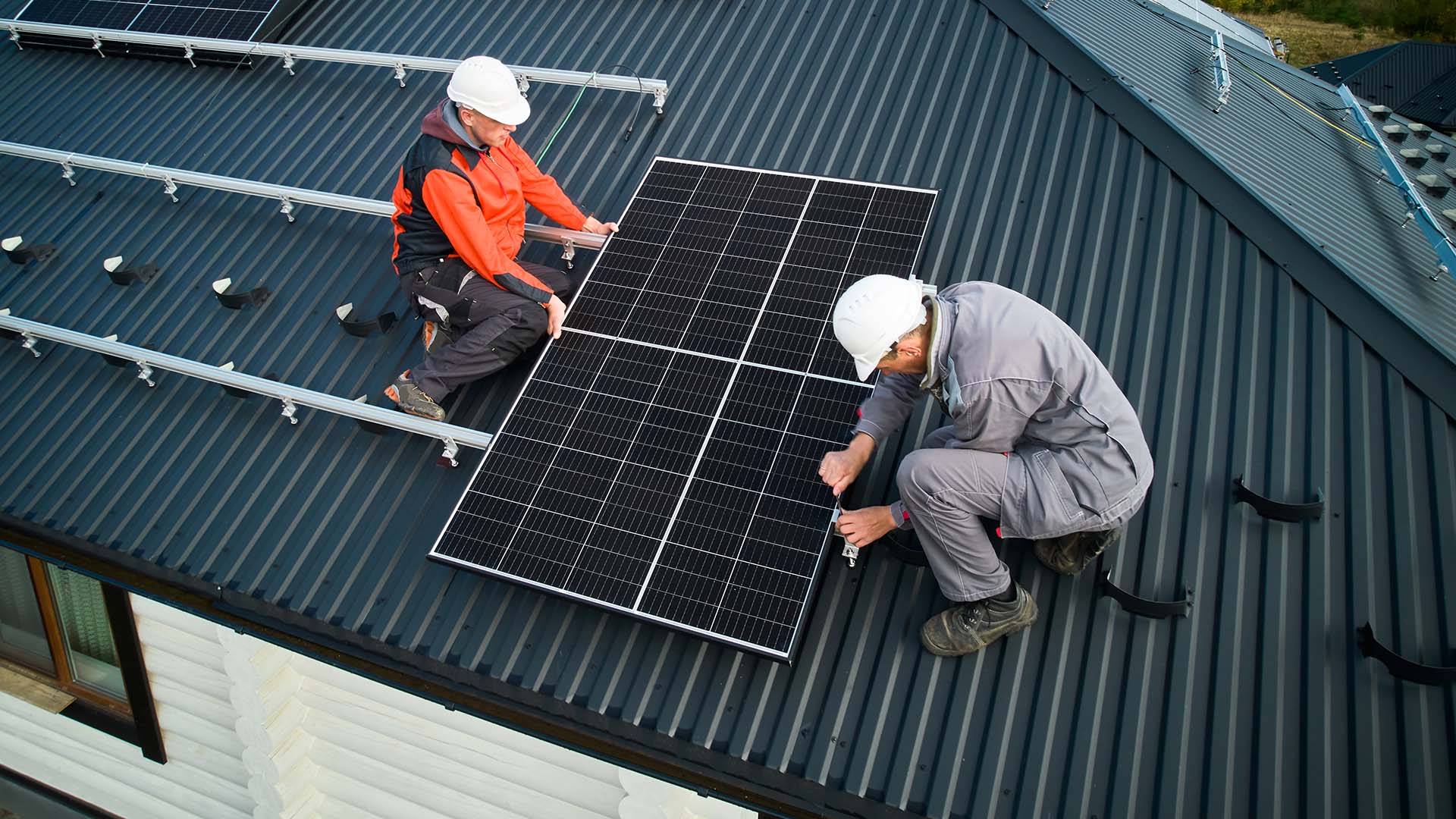
Image Source: Google
Are you considering installing solar panels on your home to reduce your energy bills and environmental impact? Residential solar panel installation is a great way to harness the power of the sun and generate clean, renewable energy for your household.
In this ultimate guide, we will walk you through everything you need to know about installing solar panels on your residential property. If you are in search of a residential solar panel installation, you may contact Havasu Solar.
Benefits of Residential Solar Panel Installation
Why should you consider installing solar panels on your home?
- Reduce your electricity bills: Solar panels can significantly lower your monthly energy costs by generating your own electricity.
- Environmentally friendly: Solar energy is a clean and renewable source of power that helps reduce your carbon footprint.
- Increase property value: Homes with solar panels typically have higher resale values and can attract eco-conscious buyers.
- Energy independence: Generate your own power and reduce your reliance on the grid, especially during power outages.
- Government incentives: Take advantage of federal and state incentives, tax credits, and rebates for installing solar panels.
Steps to Residential Solar Panel Installation
Here are the key steps involved in installing solar panels on your home:
- Solar Assessment: Determine the solar potential of your property by evaluating its orientation, shading, and available space for solar panels.
- Financial Analysis: Calculate the cost of the solar panel system, available incentives, payback period, and potential savings on electricity bills.
- Permitting and Paperwork: Obtain necessary permits, approvals from homeowners' associations, and complete paperwork required for solar panel installation.
- Choosing Solar Panels: Select the right solar panels based on your energy needs, budget, and available roof space.
- Installation: Hire a professional solar panel installer to mount the panels on your roof, connect them to your electrical system, and set up monitoring equipment.
- Inspection and Activation: Schedule an inspection to ensure the solar panel system meets safety and performance standards before activating it for use.
- Maintenance: Regularly clean and inspect your solar panels to ensure optimal performance and longevity of the system.
Factors to Consider for Residential Solar Panel Installation
Before installing solar panels on your home, consider the following factors:
- Roof Condition: Make sure your roof is in good condition and able to support the weight of solar panels.
- Solar Exposure: Check the amount of sunlight your property receives throughout the day to maximize energy production.
- Energy Needs: Determine your household's energy consumption to size the solar panel system accordingly.
- Budget: Set a budget for the solar panel installation, including upfront costs, financing options, and potential savings.
- Incentives: Research available rebates, tax credits, and financing programs to offset the cost of solar panel installation.
- Warranty and Maintenance: Understand the warranty coverage and maintenance requirements for your solar panel system.
Hiring a Solar Panel Installer
When choosing a solar panel installer for your residential property, consider the following:
- Experience: Look for a reputable installer with a proven track record of successful solar panel installations.
- Certifications: Check if the installer is certified by relevant organizations and has the necessary licenses to operate in your area.
- References: Ask for references and feedback from previous customers to gauge the quality of their work.
- Warranty: Inquire about the warranty coverage for the solar panels, installation, and workmanship offered by the installer.
- Pricing: Get multiple quotes from different installers to compare prices, services, and equipment offered.
- Contract: Review the installation contract carefully to ensure all terms, warranties, and costs are clearly outlined before signing.